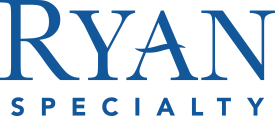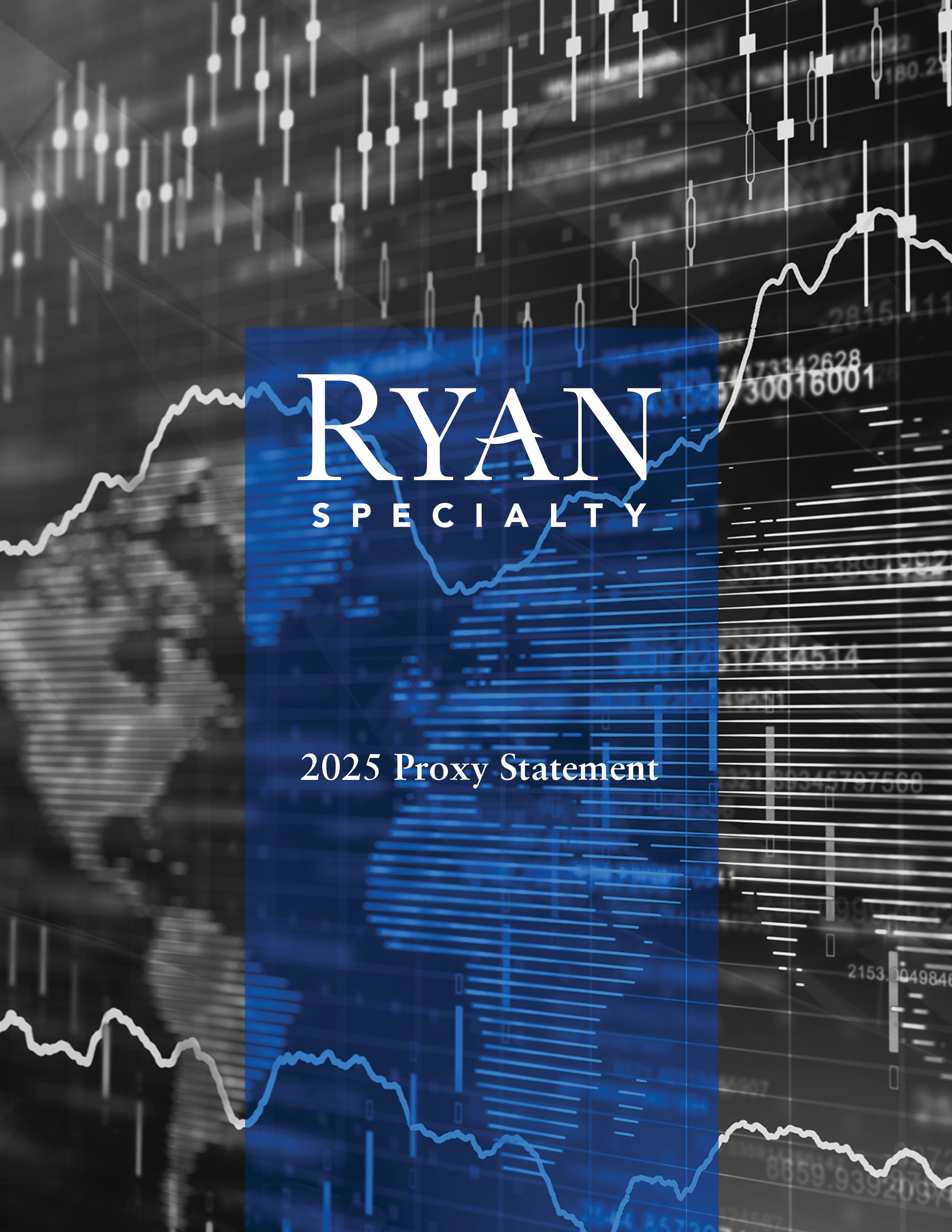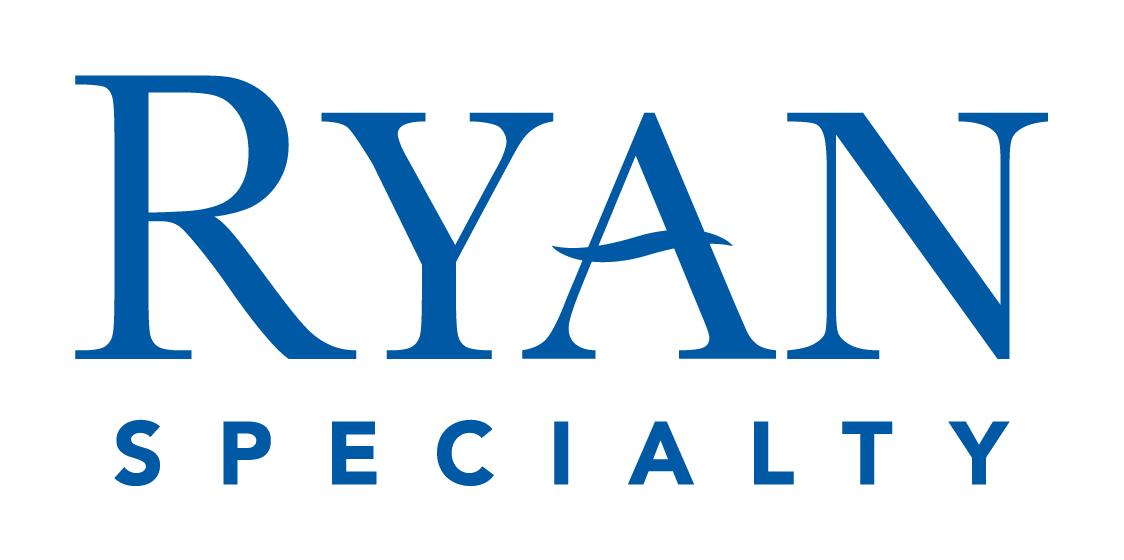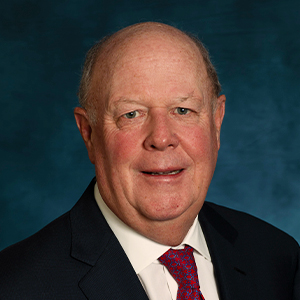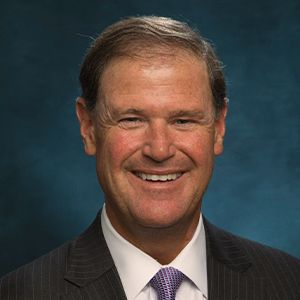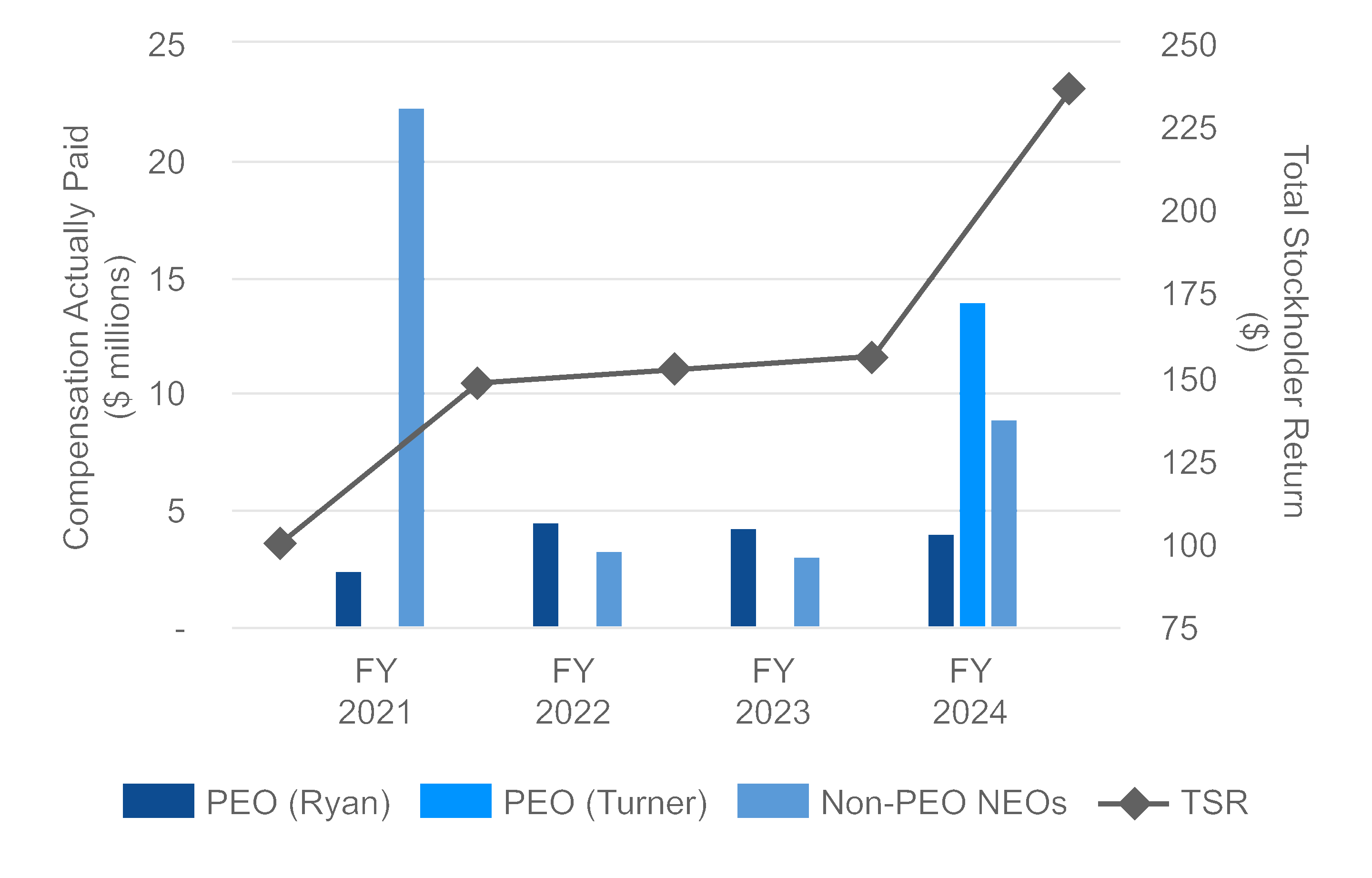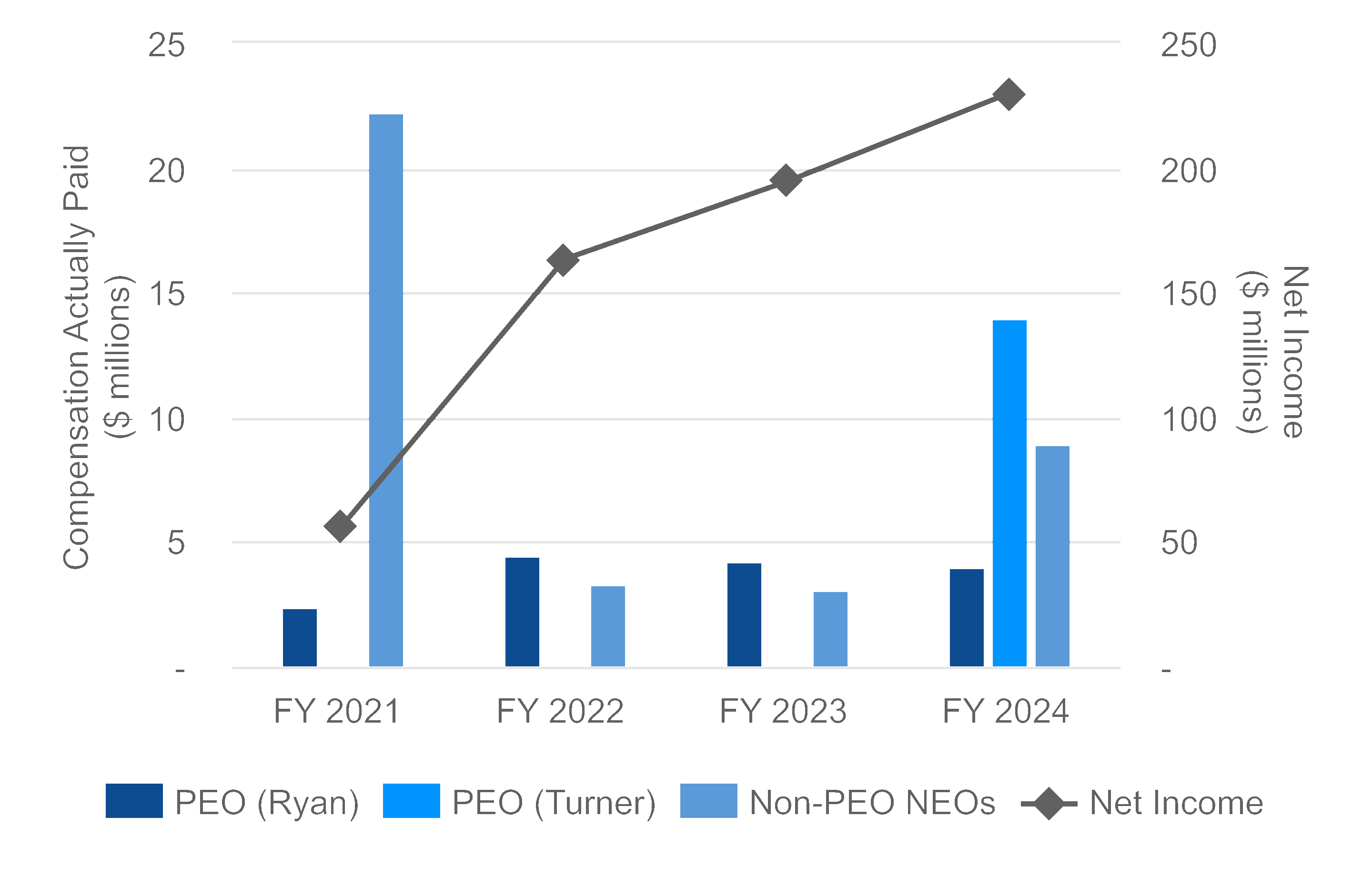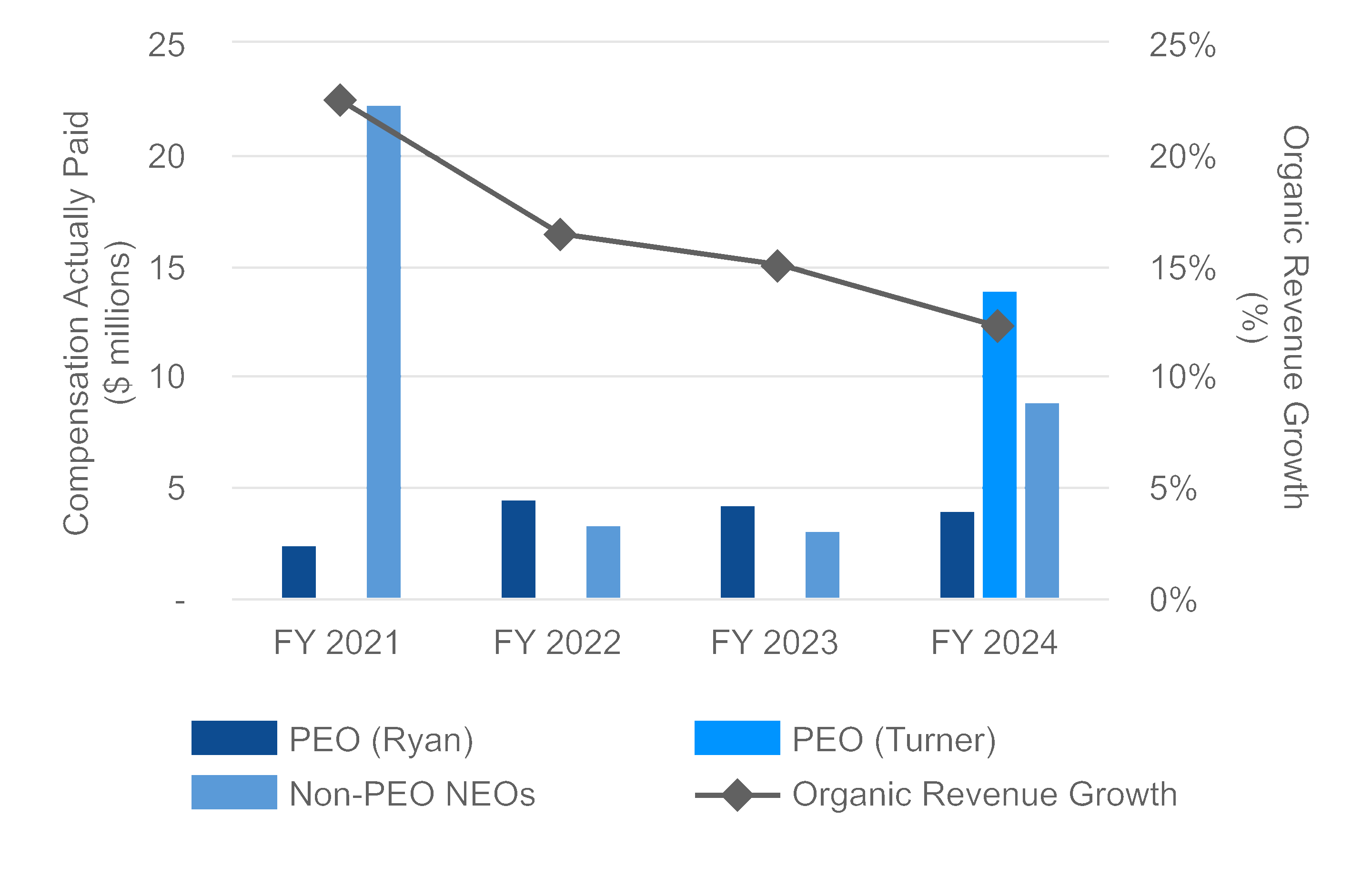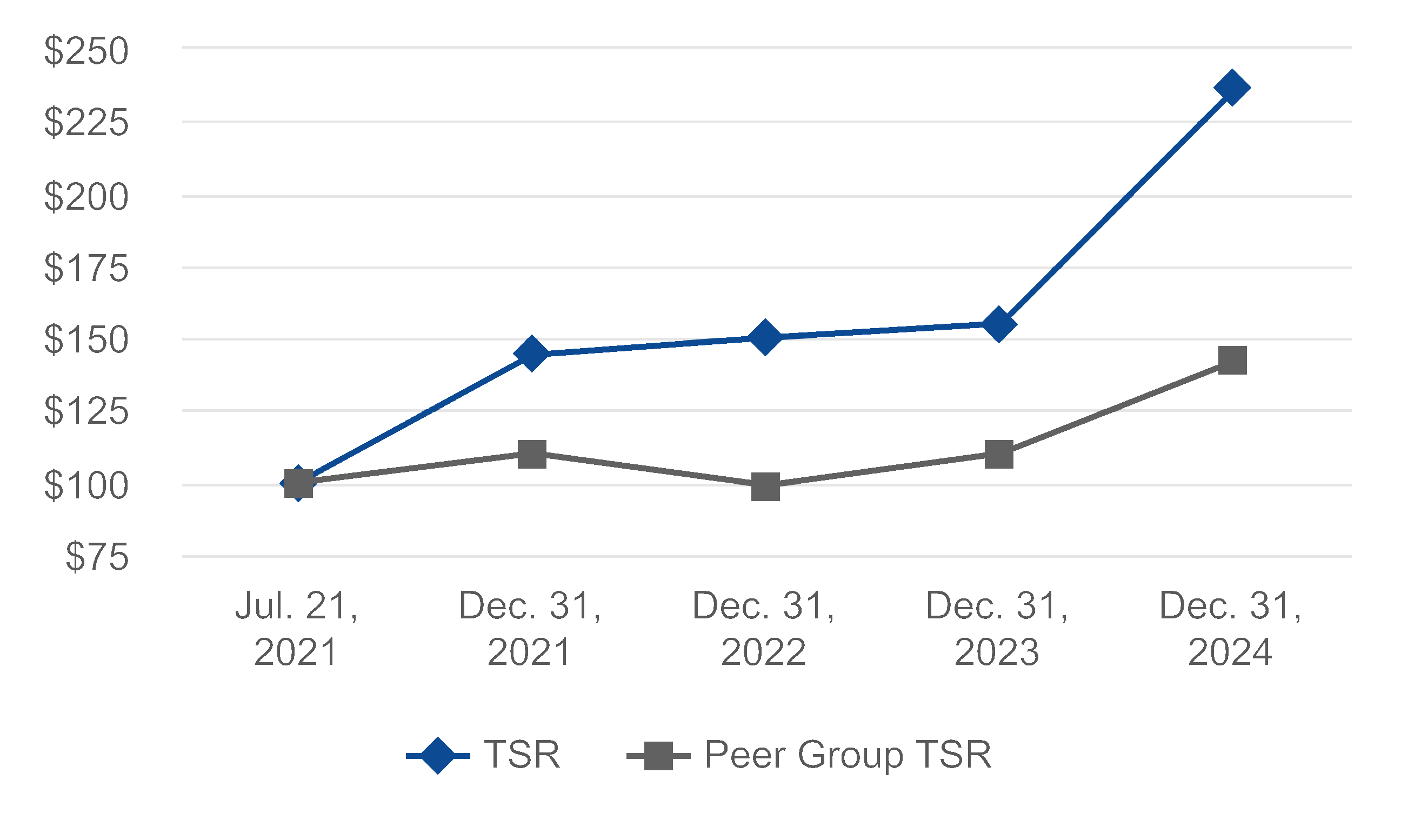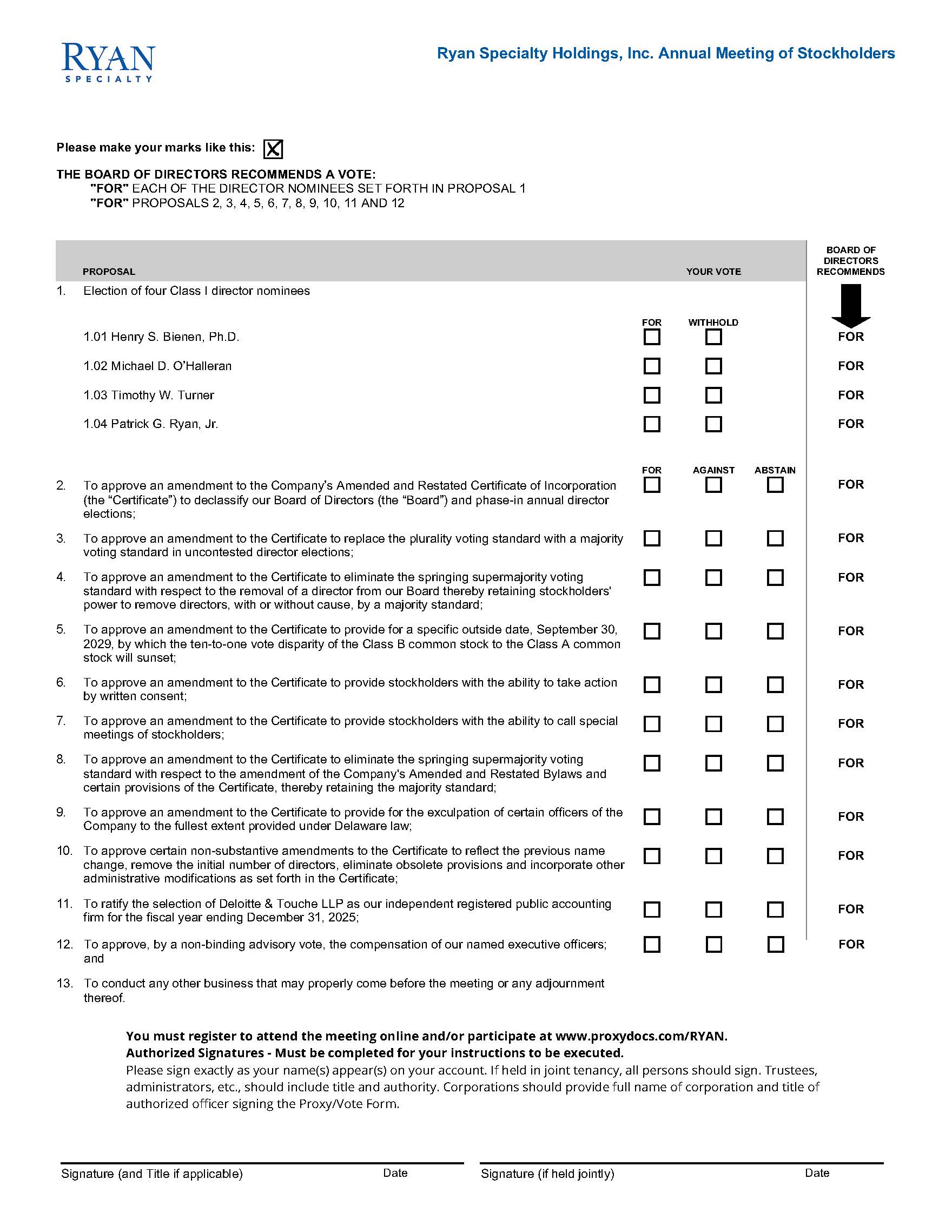(1)Unless otherwise noted below, the address for each beneficial owner listed on the table is 155 North Wacker Drive, Suite 4000,
Chicago, Illinois 60606. We have determined beneficial ownership in accordance with the rules of the SEC. Except as indicated by
the footnotes below, we believe, based on the information furnished to us, that the persons and entities named in the table above
have sole voting and investment power with respect to all Class A common stock and Class B common stock that they beneficially
own, subject to applicable community property laws.
(2)The reported amount does not reflect shares of Class A common stock issuable on account of vested Class C Units, which are
redeemable by the holder for either, at the option of the Company, cash or a number of Common Units (which are immediately
redeemed on a one-for-one basis for shares of Class A Common Stock), determined by reference to (i) the Class C Units’ return
threshold and (ii) adjustments for certain prior distributions made with respect to such Class C Units.
(3)Each share of Class A common stock is entitled to one vote per share. Each share of Class B common stock is entitled to 10 votes
per share. Each share of Class B common stock then outstanding will be entitled to one vote per share (i) 12 months following the
death or disability of Patrick G. Ryan or (ii) the first trading day on or after such date that the outstanding shares of Class B common
stock represent less than 10% of the then-outstanding Class A and Class B common stock, which, in each instance, may be extended
to 18 months upon affirmative approval of a majority of the Company’s independent directors. The Class A common stock and Class
B common stock will vote as a single class on all matters except as required by law or the Certificate.
(4)Amounts include 13,424,755 shares of Class A common stock and 91,353,821 shares of Class B common stock beneficially owned
by Mr. Ryan and his spouse and 1,950,186 shares of Class A common stock and 20,694,363 shares of Class B common stock
beneficially owned and attributed to Mr. Ryan and his spouse pursuant to certain trusts, entities, and accounts managed by, or for, the
benefit of family members and others.
(5)Number of shares held are derived from the Schedule 13-G/A filed with the Securities and Exchange Commission on February 13,
2024, as reported by The Vanguard Group (“Vanguard”). The address for Vanguard is 100 Vanguard Blvd., Malvern, Pennsylvania
19355. Vanguard reports sole dispositive power with respect 9,237,983 of the shares of Class A common stock reported, shared
voting with respect to 54,534 of the shares of Class A common stock reported, and shared dispositive power with respect to 159,586
of the shares of Class A common stock reported.
(6)Number of shares held are derived from the Schedule 13-G filed with the Securities and Exchange Commission on November 8,
2024, as reported by BlackRock, Inc. (“BlackRock”). The address for BlackRock is 50 Hudson Yards, New York, New York 10001.
BlackRock reports sole dispositive power with respect to all 9,294,486 of the shares of Class A common stock reported, sole voting
power with respect to 9,081,054 of the shares of Class A common stock reported, and no shared dispositive or voting power with
respect of the shares of Class A common stock reported.
(7)Number of shares held are derived from the Schedule 13-G filed with the Securities and Exchange Commission on November 13,
2024, as reported by Capital World Investors (“Capital World”). The address for Capital World is 333 South Hope Street, 55th Floor,
Los Angeles, California 90071.
(8)Includes 6,978 shares of Class B common stock and an equal number of LLC Common Units which are issuable upon the vesting of
an equal number of RLUs that vest within 60 days of March 31, 2025. The remaining shares of Class B common stock and the shares
of Class A common stock are held by Mr. Turner individually.
(9)All shares of Class A common stock are held in trusts beneficially owned and attributed to Mr. Bienen and his spouse.
(10)Includes 12,500 RSUs that were fully vested upon grant for which the director has elected to defer settlement until his separation from
service on the Board. The remaining shares of Class A common stock are held in a trust beneficially owned and attributed to Mr.
Bolger.
(11)Includes 8,139 RSUs that were fully vested upon grant for which the director has elected to defer settlement until her separation from
service on the Board. The remaining shares of Class A common stock are held by Ms. Collins individually.
(12)Includes 2,297 RSUs that were fully vested upon grant for which the director has elected to defer settlement until her separation from
service on the Board.
(13)Includes 2,697 RSUs that were fully vested upon grant for which the director has elected to defer settlement until his separation from
service on the Board. The shares of Class B common stock are held in trusts beneficially owned and attributed to Mr. Cortezi.
(14)Shares of Class A common stock are held by Mr. Findlay individually and by Mr. Findlay and his spouse jointly.
(15)Includes 12,500 RSUs that were fully vested upon grant for which the director has elected to defer settlement until his separation from
service on the Board. The remaining shares of Class A common stock are held by Mr. O’Halleran individually and in a trust
beneficially owned and attributed to Mr. O’Halleran.
(16)Includes 7,190 RSUs that were fully vested upon grant for which the director has elected to defer settlement until his separation from
service on the Board. The remaining shares of Class A common stock are held by Mr. Rogers individually.
(17)Includes 252,460 shares of Class A common stock beneficially owned by Mr. Ryan, Jr. and his spouse, 400,695 shares of Class A
common stock and 5,574,738 shares of Class B common stock beneficially owned and attributed to Mr. Ryan, Jr. and his spouse
pursuant to trusts for the benefit of his family members, and 1,273 RSUs that were fully vested upon grant for which the director has
elected to defer settlement until his separation from service on the Board. All shares and percentages reported for Mr. Ryan, Jr. are
duplicative and included in the share counts and percentages for Patrick G. Ryan, represented in the table above and footnote (4)
thereto, who exercises voting power over the equity held by Mr. Ryan Jr.
(18)Includes 1,831 shares of Class B common stock and an equal number of LLC Common Units which are issuable upon the vesting of
an equal number of RLUs that vest within 60 days of March 31, 2025. The remaining shares of Class B common stock and the shares
of Class A common stock are held by Mr. Bickham individually.
(19)Includes 7,637 shares of Class A common stock issuable upon vesting of an equal number of RSUs that vest within 60 days of March
31, 2025.
